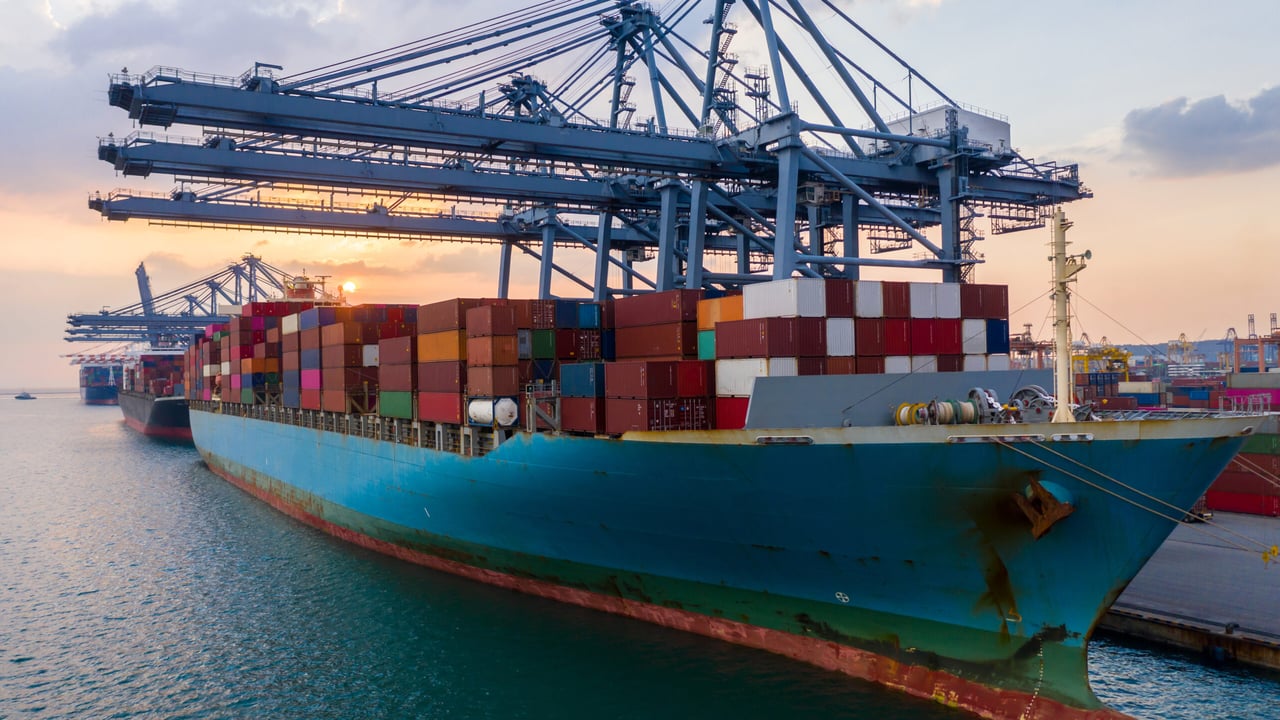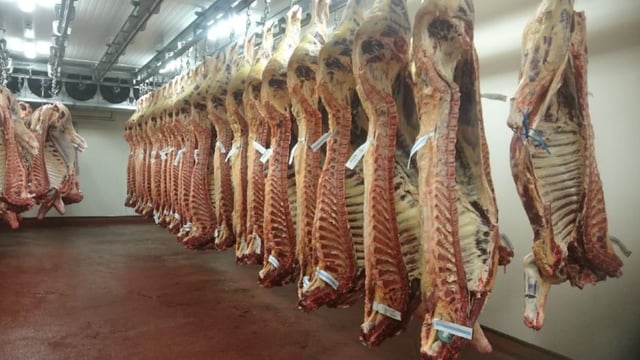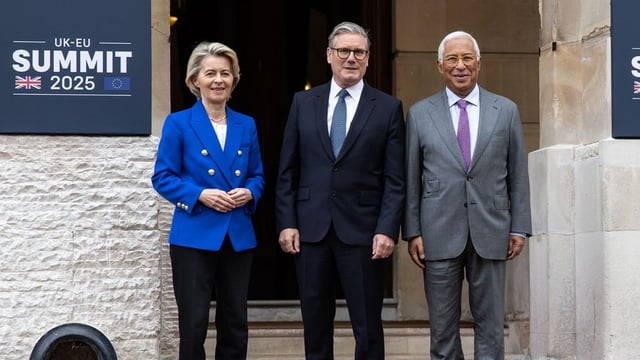Report: Economic ties with US pose 'notable risks'
Ireland's economic ties to the US pose "notable downward risks" according to the European Commission's latest economic forecast report.
According to the commission, Ireland's overall Gross Domestic Product (GDP) is expected to grow by 3.4% in 2025, and 2.5% in 2026.
However, it believes that Ireland's openness and high trade and investment links to the US leaves it vulnerable to further protectionist policies.
It said: "While the current US tariff exemptions cover a large majority of Ireland’s goods exports to the US, the introduction of new tariffs, along with broader US policy changes to disincentivise investment and activity in Ireland, present significant downside risks to Ireland’s economy."
"Employment is set to continue expanding into 2025 and 2026, albeit at a more moderate pace, reflecting the expected expansion in the domestic economy. That said, the Irish labour market remains sensitive to a potential slowdown in exports," the commission added.
According to the report, trade with the US has cast uncertainty throughout the European Union.
"This forecast assumes that the high tariffs announced on April 2 will not be reinstated and that US tariffs on imports from the EU and nearly all other countries will stay at 10%."
"Finally, the forecast assumes a significant reduction in trade flows between the US and China, even at tariff rates significantly lower than those in effect at the cut-off date, which were not assessed as tenable," the report explained.
EU report
The report also highlights that inflation in Ireland remained low in early 2025, averaging 1.6% in the first quarter.
However, the report notes that an uptick in food prices, along with a slower decline in energy prices and still-elevated services inflation, kept rates slightly higher than previous quarters.
This appeared to be a trend across the EU, with the commission highlighting that "several factors exert downward pressure on EU inflation".
It believes that lower energy commodity prices, the uncertainty in the trade relationship between the US and China, and the appreciation of the Euro are contributing to low inflation.
However, the report claims this is "partially offset" by higher inflation in food and services.











